During a break in the search, Reynalda Pulido told me that when she wakes up every day she asks God: “Tell me why I’m here?”.
“What gives me strength is realizing that no one else is going to look for them. I realize it because no one is moving to…
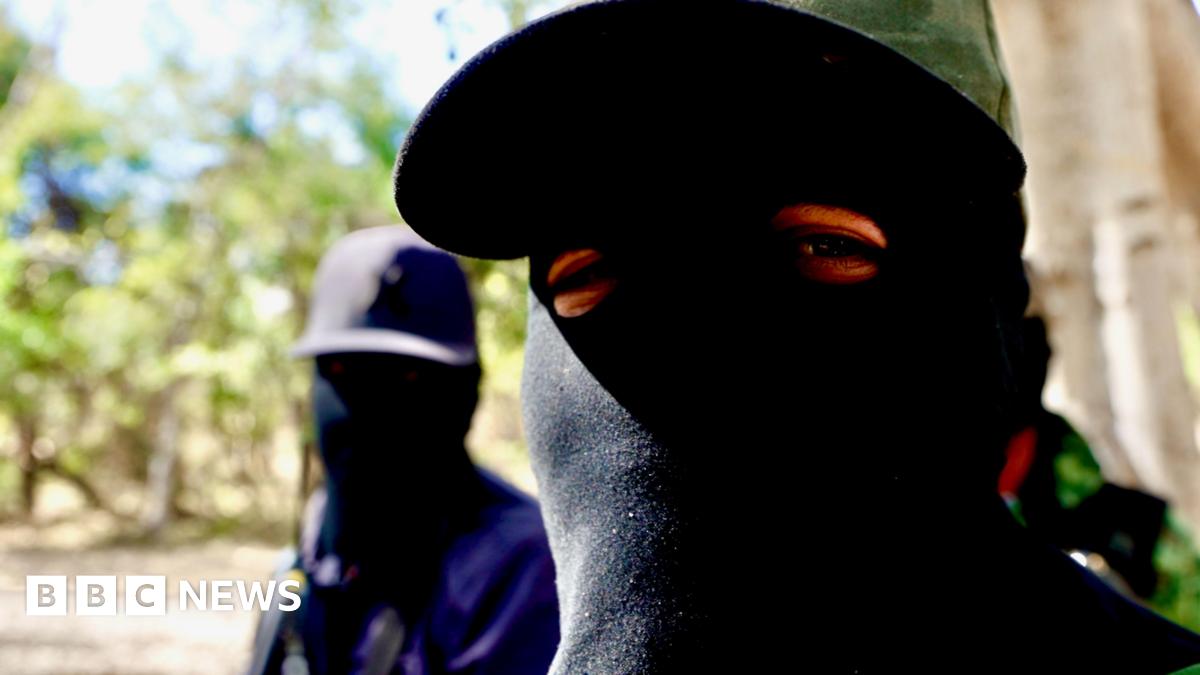
During a break in the search, Reynalda Pulido told me that when she wakes up every day she asks God: “Tell me why I’m here?”.
“What gives me strength is realizing that no one else is going to look for them. I realize it because no one is moving to…
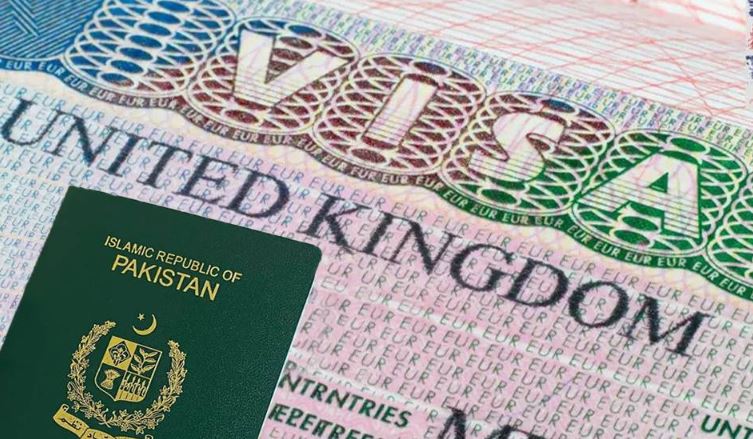
ISLAMABAD – Travel landscape to UK just changed as new digital entry system rolls out for visitors from more than eighty nations. Travelers from Pakistan may breathe a relief as they will mostly rely on the e-visa system, but the global…
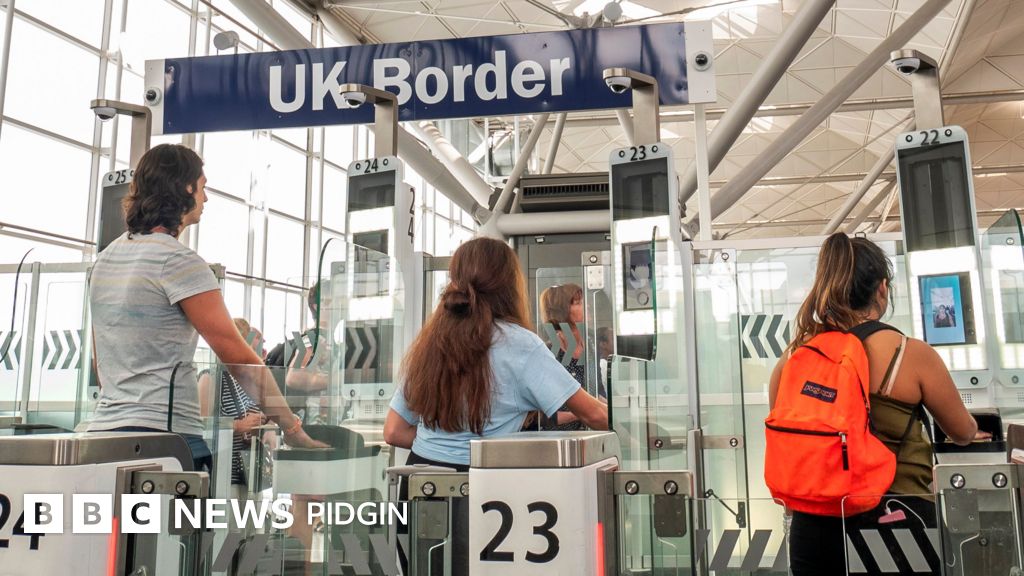
Wia dis foto come from, PeopleImages/Getty Images
Read am in 5 mins
New travel system for visitors wey wan enta to UK go start from Wednesday for citizens of dozens…
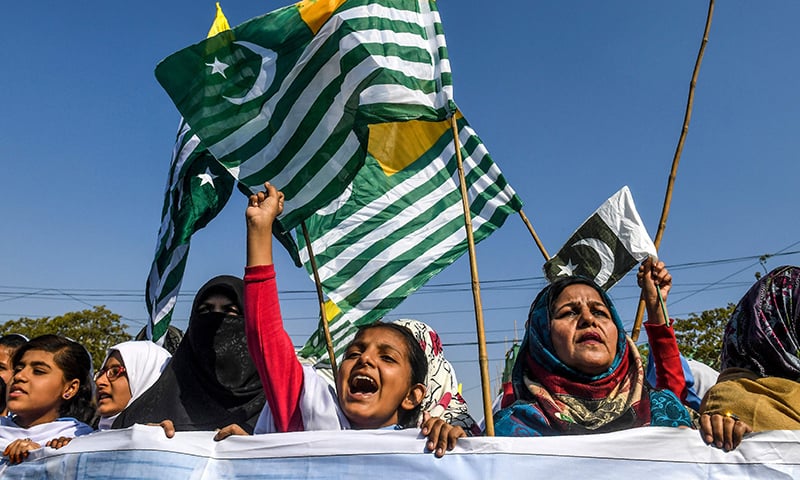
Genocide Watch has identified a ‘Preparation Stage’ of genocide in India, citing increasing anti-Muslim rhetoric and organized violence. The report details alarming trends among Hindutva groups.
NEW YORK: The Genocide Watch has raised serious…
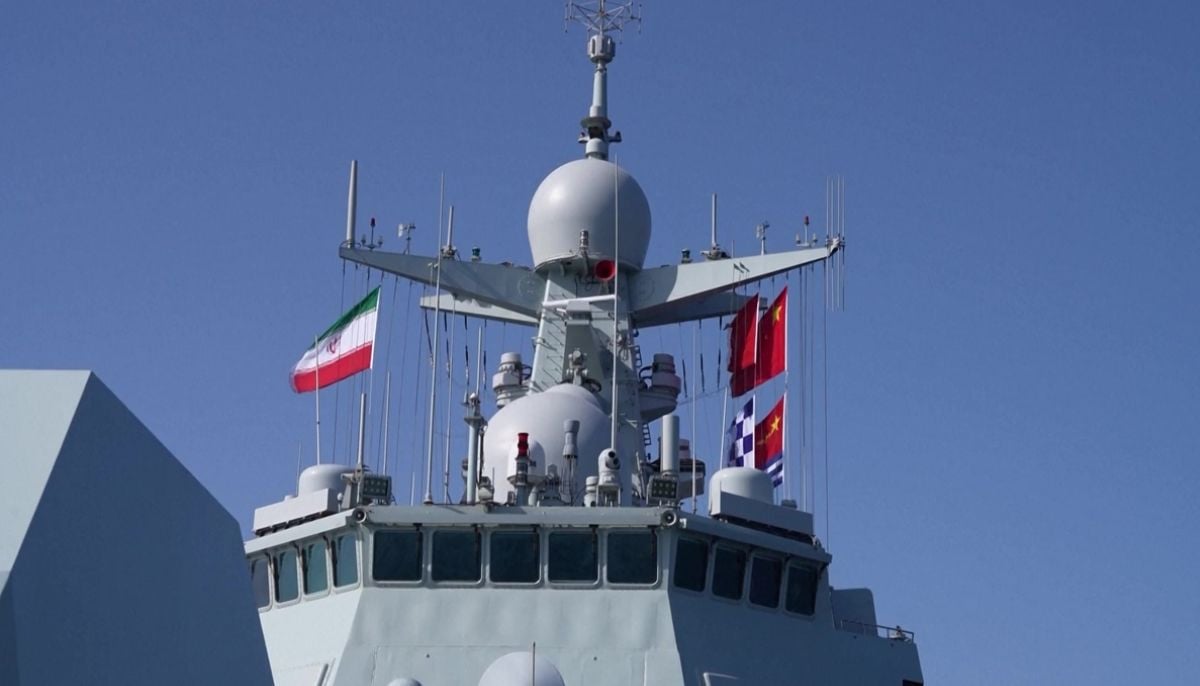
Iran is close to purchasing a powerful supersonic…
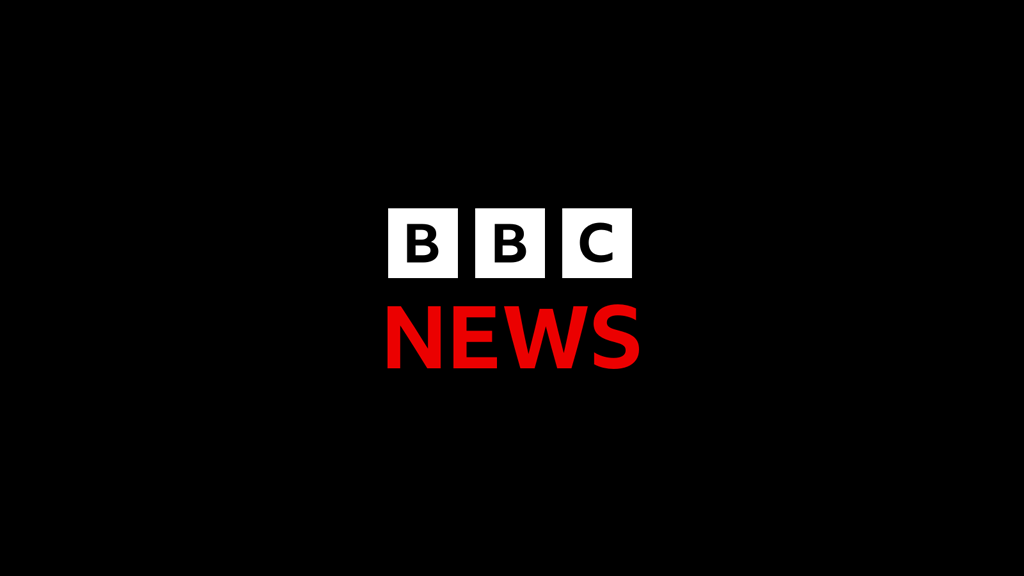
Sarah Jalali, Ghoncheh Habibiazad and Shayan Sardarizadeh
BBC Monitoring, BBC Persian and BBC Verify
Verified video shows student-led…
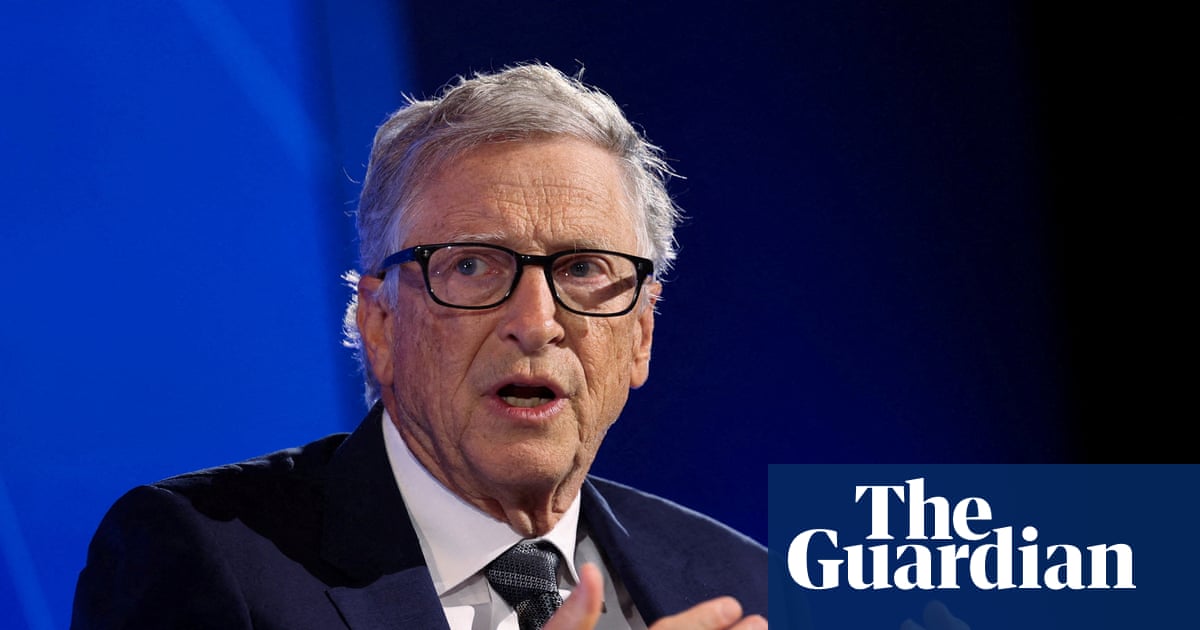
Bill Gates apologized to staff of his foundation for his ties to Jeffrey Epstein and admitted to two affairs but stated he did not participate in the convicted sex offender’s crimes, according to a Wall Street Journal report.
At a town hall on…